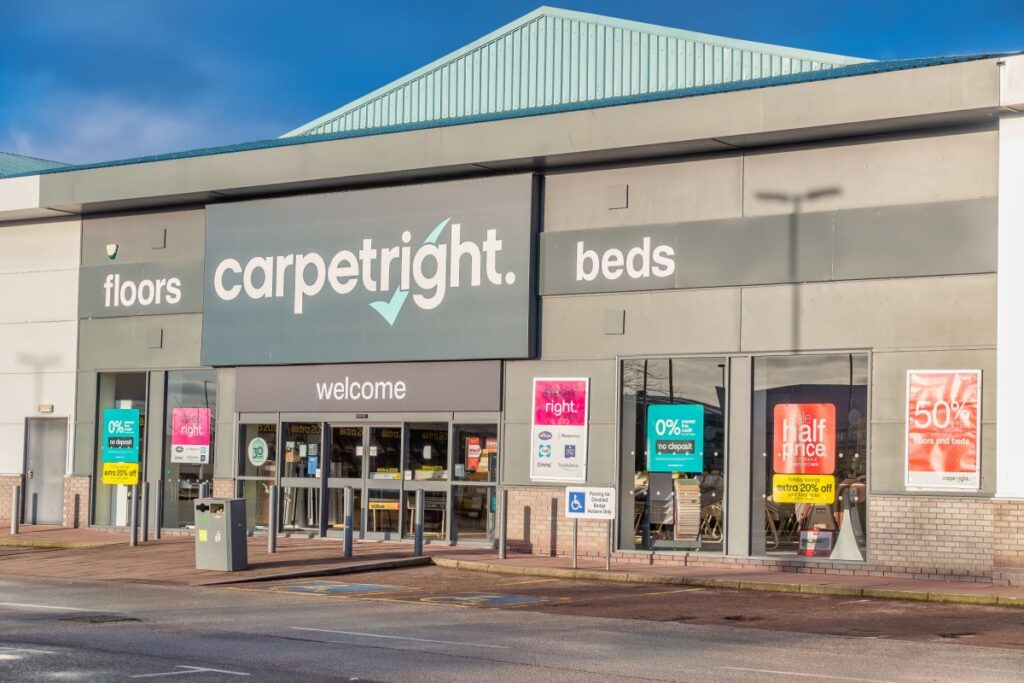In its submission to the Chancellor‘s Emergency Budget, the British Retail Consortium is encouraging the Government to work with the retail industry to ensure that employees are able to reach their “full potential”.
The retail industry body has identified the good work being done by retailers on pay, employee progression and increasing productivity and has made proposals for steps the Government might take to help reach a number of shared goals in these areas.
The submission commits the retail industry to:
ӢContinue its ground-breaking research to understand what barriers to progression exist for retail employees and to address low productivity
ӢContinue to provide high quality apprenticeships
ӢContinue to grow high-skilled, high-tech jobs
”¢Support the Government‘s improvements to academic rigour
While calling on the Government to:
ӢRespect the independence of the Low Pay Commission
ӢHelp employees to progress to more productive jobs by supporting skills acquisition and targeting Ӣlow earners with lower taxation rather than artificially inflating pay
ӢExplore tax incentives for business that encourage higher rates of pay
Calls have come from some quarters for an arbitrary increase in the minimum wage or an introduction of the Living Wage. These suggestions are not only blunt instruments but, when combined with a reduction in benefits, won‘t put any more money into people‘s pockets. The BRC‘s proposals seek to genuinely raise the incomes of retail employees through sustainable pay and career progression.
BRC Director General, Helen Dickinson, said: “Our submission focuses on the goals shared by the Government and the retail industry. Retailers know they‘re nothing without their people. As the largest private sector employer in the UK we have a duty of care to nearly three million employees. We‘re proud of the opportunities we offer to people from all backgrounds – from the highly skilled to those with little or no formal qualifications.
However, both retailers and the Government know that there‘s more to be done to improve productivity and to help people to progress to higher rates of pay. The barriers to progression and higher productivity are varied and complex. Unpicking these issues and developing sustainable solutions is the right approach.”
She continues: “It‘s widely expected that the Government will be prioritising cuts to the welfare bill in this Parliament. That is why we must work together to make sure that we can provide the best opportunities for our employees as these changes come into effect. We hope the Government will continue to respect the independence of the Low Pay Commission and instead focus on far more sustainable solutions to increase wages and productivity. Key to these solutions will be not adopting a one-size-fits-all approach – especially on increasing productivity. Each industry will be facing its own challenges and the Government should look to work with industries to create tailored solutions to the productivity problem.”
Two other areas the BRC has highlighted for action are business rates and EU Reform. On rates the industry would like to see a rebalancing of the tax away from property intensive industries; fundamental reform that enables a successful reinvention of our high streets; and immediate short-term reliefs. The BRC‘s priorities for a reformed European Union are a fully functioning single market; open and competitive markets in international trade and better regulation.
Dickinson added: “Securing reform of the business rates system and the EU are vitally important to UK retailers. We want both the business tax regime and the European Union to incentivise enterprise and not act as a barrier to it. The start of this new Parliament provides the Chancellor with great opportunities to strengthen business and reform the EU whil
RELATED STORIES


















